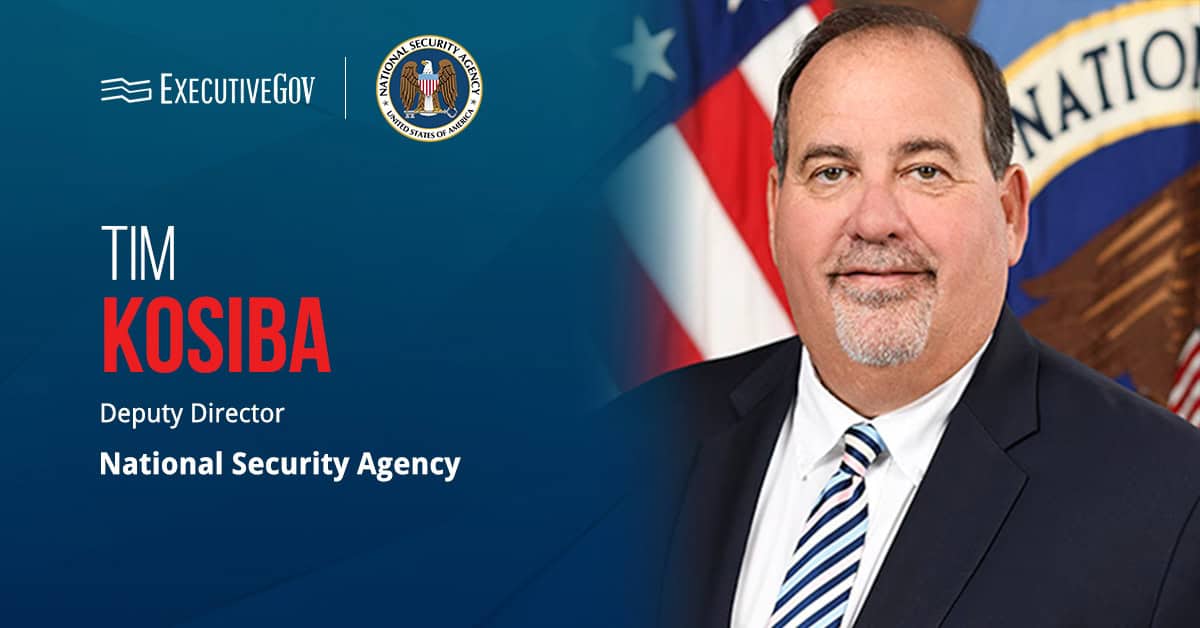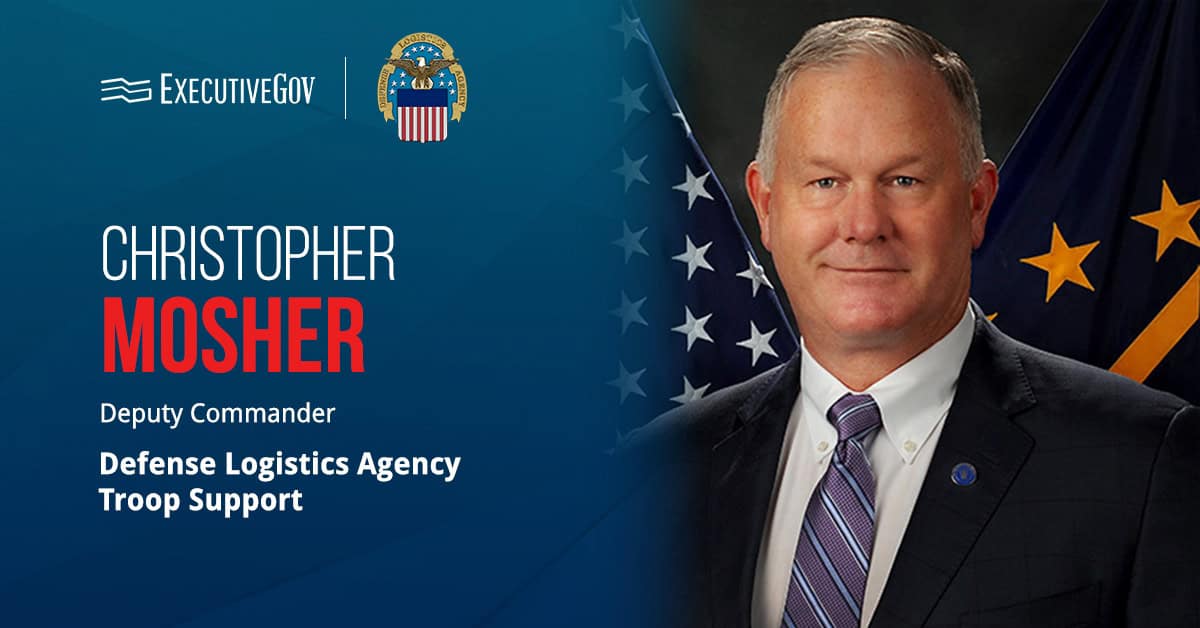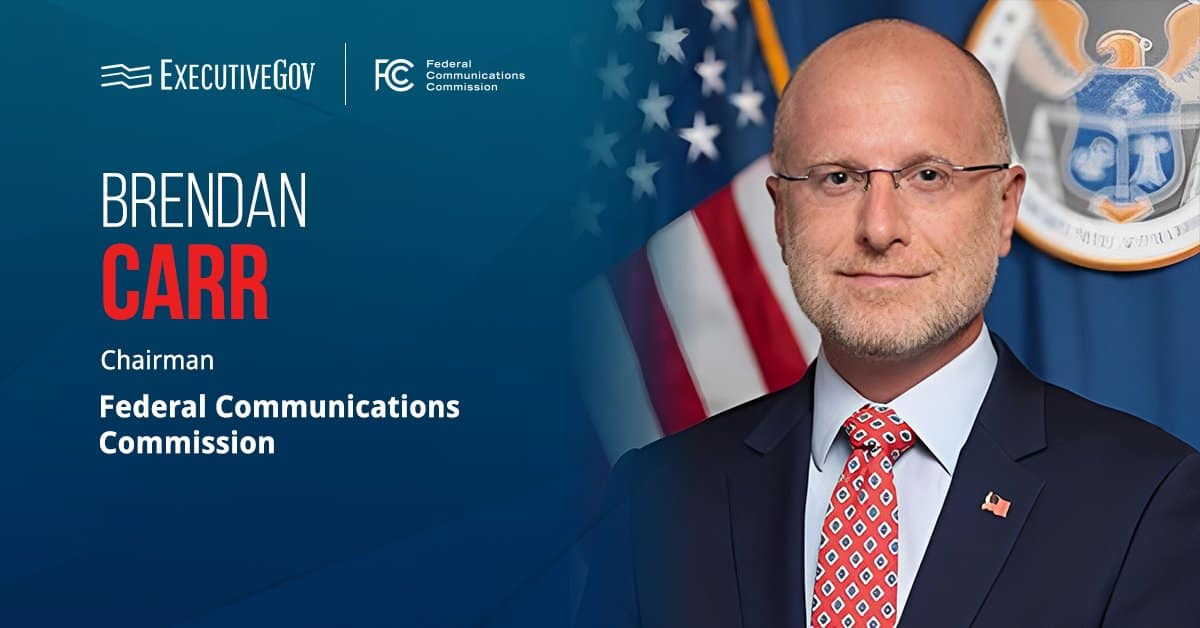
The Federal Communications Commission intends to allot $20B in funds to support the fielding of high-speed broadband networks in rural areas.
The Rural Digital Opportunity Fund seeks to implement gigabit-speed broadband services within the next 10 years via a two-phase reverse auction effort, FCC said Thursday.
The project's initial phase will prioritize the integration of broadband services with a fixed speed of 25 megabits-per-second to unserved areas, while the second phase will cover partially-served locations. FCC has estimated that around 6M rural homes will be covered under phase 1.
The agency will provide $16B for the first phase of the program, while $4.4B will be given for phase 2.
In line with the funding opportunity, FCC is looking for bidders that can commit to low-latency services and meet minimum speed requirements.





